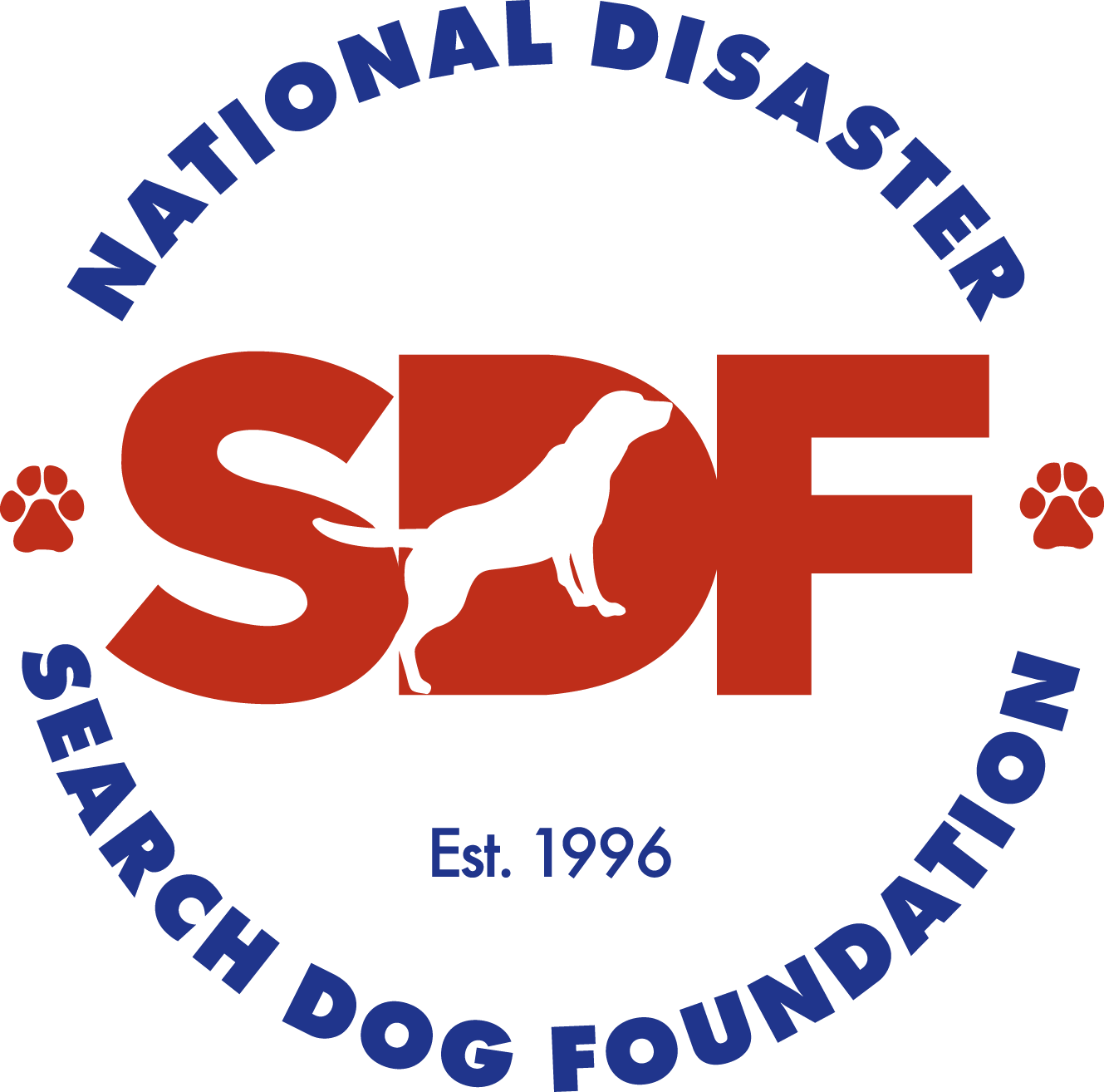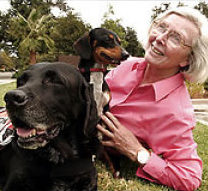Washington Post
Some Retirees Saw a Need and Are Still at Work
For many people, retirement is a time to start a second career.Some set out to build a lucrative new business. Others seek to develop lifelong hobbies into money-making enterprises. Still others see retirement as an opportunity to give something back to society. A recent report by the Pew Research Center found that 77 percent of workers expect to work after retirement. And most of those people will work not because they have to but because they want to. Here is the tale of one person who followed her heart to serve the community.
Wilma Melville
When physical education teacher Wilma Melville retired at 50, she jotted down a list of things she wanted to take up as hobbies. Why not become a magician or proficient at archery? She also had
a dream of training a dog for search-and-rescue operations.
In the end, the dog-training dream turned into far more than a hobby.
In the late 1980s, Melville got a German Shepard, named her Topa and began searching for a trainer. She searched for five years for an instructor who could bring Topa up to standard.
Finally she linked up with a nationally renowned canine trainer who urged her to get a new dog because Topa could never be trained properly after the years of bad instruction. So she kept Topa as a pet. Her new dog, a black Labrador named Murphy, was certified by the Federal Emergency Management Agency in 1995 after a year and half of training.
Melville and Murphy then set off on several deployments,such as searching for a lost snowboarder. The turning point for the dog and handler was helping the search and rescue at the Murrah Federal Building in Oklahoma City after it was bombed in 1995.
The next year, they were off again to an advance security operation at the Centennial Olympic Park in Atlanta.
It was also in 1996 that Melville founded the National Disaster Search Dog Foundation. After her deployment to Oklahoma City, Melville said she realized there was a dearth of FEMA-certified
search-dog teams. At the time, there were 15, eight of them in California, she said.
So she established her foundation to train dogs and their volunteer handlers for rescue and recovery missions. “I realized I would be of much greater service training others to go to disasters than going myself,” said Melville, now 73. Relying on her years of dog training and her experience as an educator and mother of four grown sons, Melville set out to change the status-quo and create a center that would train canine search teams from across the country.
Her organization has trained 85 FEMA-certified teams. Some have retired from the nation’s current roster of 150 volunteer teams. Because of the stringent requirements, most of the teams
involve firefighters. Although the numbers have improved greatly in the past decade, the country still needs a minimum of 336 FEMA-certified search teams, according to Melville.
By Sept. 11, 2001, time had caught up with both Melville and Murphy. They did not participate in that search operation because of their ages. Melville said she is proud to have played a small part in influencing the way canine disaster-search teams are now trained.
“Even though it’s just a sliver of dogdum, it’s an important critical resource at a time of disaster,” she said.
By Judith Mbuya, Washington Post Staff Writer


